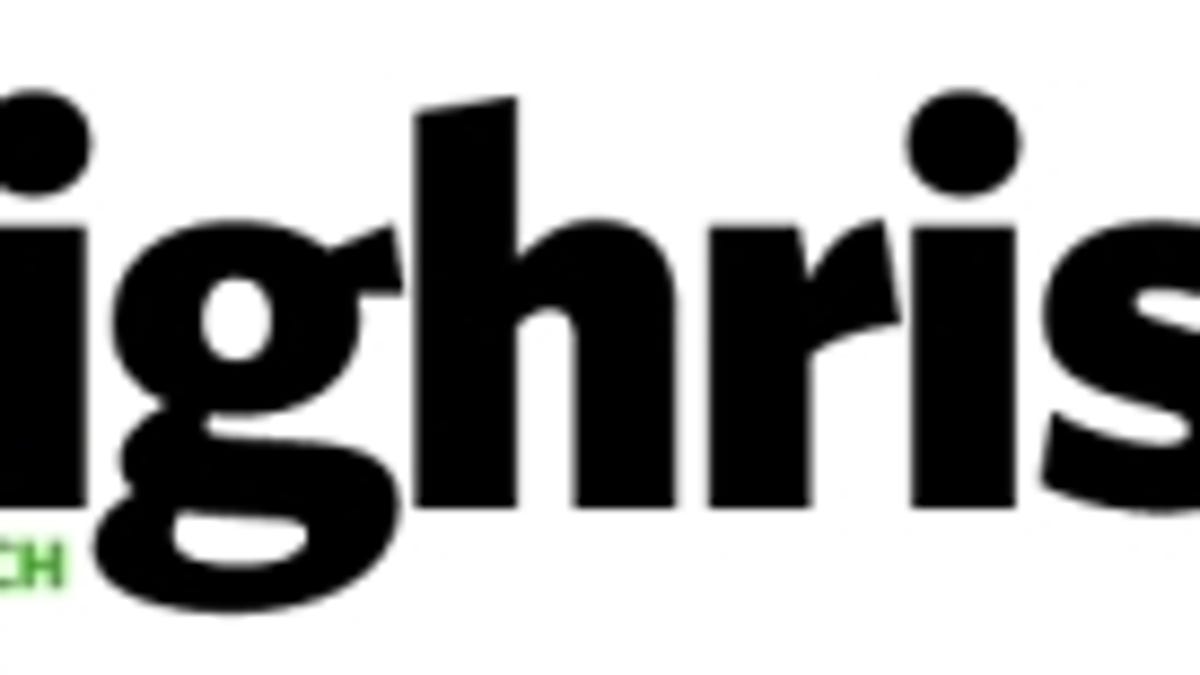37signals launches Highrise
Highrise makes CRM cheaper and easier than other solutions out there.

37signals launched Highrise this morning. It's a customer relationship management (CRM) tool aimed at small groups and medium-size businesses. Highrise is meant to fill the gap between Outlook's contact manager and complicated CRM apps that require an IT department to keep running smoothly. It's also priced below SalesForce.com's Team Edition, with more of an emphasis on contact communication and history, rather than sales and forecasting. It's a Webware solution for people who don't want to install CRM software or manage a huge database, and who need a tool that can be accessed on the go.
Highrise launches with six different plans, five of which are paid services with the benefit of shared group storage, increased contact and collaboration limits, and relation-based information pages called "cases." Each tier of service can be upgraded or downgraded at any time, and there's no contract.
In Highrise, each case file can contain information about multiple companies; contacts; and any important information like notes, shared files, and e-mails. By grouping this information in one place, you can create a detailed history or context for a group or contact. Highrise has some built-in tools for organization as well. You can schedule phone calls, reminders, tasks, or basic to-do lists, and assign or include other Highrise collaborators. It's not nearly as deep a system as you get with 37signals' group collaboration tool Basecamp, but if you see something you want a colleague to follow up on, you can do it without firing up your e-mail client.
For integration with your e-mail, Highrise recommends that you set up your e-mail app to automatically forward everything to a special Highrise address. Highrise will parse your messages, and copy over any attachments along with the original text to the contact's profile page on Highrise. If you haven't already created the contact in Highrise, the app will create it for you.
Highrise's interface is dead simple to use. Adding contacts, which is the mainstay of the app, takes a few seconds. You only need to fill out basic information like name, title, and company. You can go in later to add pictures, various e-mail addresses and phone numbers, or you can simply upload a vCard. If you're a Basecamp user, you can import your contacts into Highrise. Unfortunately, the service doesn't sync up contacts in both services, although to be fair, Highrise contacts contain more information.
Once your contacts have been uploaded, each of them shows up as a tab. Your four most recently viewed contacts will stay on the top of the menu for quick viewing. If you need to sort through contacts, you can search by name, or by tag. You also have the option to group all your contacts by company, which will be done for you automatically, assuming you typed in the name correctly.
Highrise is a very full-featured Web app. It's easy to use, and the paid tiers of service offer some powerful features for serious business users. As a tool for casual users, the free plan's limitation of 25 contacts makes it little more than a demo. On the other hand, if you run a small- or medium-size business with people in several different locations, Highrise might be a good solution for you.
See also funClient and SalesForce Team Edition.

